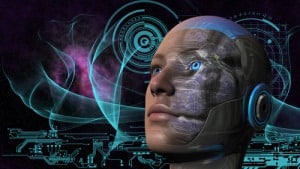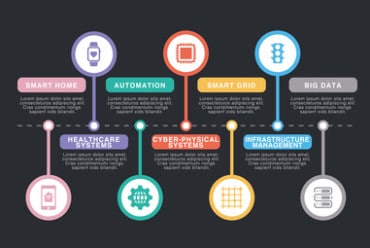
Not all skills required to operate in a new tech landscape driven by artificial intelligence will need to be highly technical.
At first blush, the skills required to survive and thrive in organizations that are increasing their reliance on artificial intelligence would seem to be highly technical in nature. This is indeed a plum time for developers, designers, algorithm specialists and data scientists who have some know-how in the AI, machine learning or high-powered analytics space.
However, its people and organizational skills that will ultimately make or break the performance of AI. Machines or systems will be able to replace many rote tasks, low to mid-level customer interactions, and even multiple levels of decision-making. But machines and systems cannot replace the ability to organize, inspire and motivate employees, partners and customers. As Steve Woods notes in The Globe and Mail, “the last islands of human employment therefore won’t be based on skills that machines are incapable of; they will be areas where we don’t desire AI replacement. Relationships, trust, guidance, caring, nurturing and social interaction are traits that these jobs will share.”
See also: What are the 3 key component to AI readiness?
That’s because relationships “are core to what it means to be human,” Woods continues. “When we finally arrive at a future in which AI has been explored across the full extent of human employment, we will find that jobs that rely on trust and relationships are the jobs that remain.”
Jeff Desjardins, founder and editor of Visual Capitalist, agrees with this assessment, outlining the skills that will make the day in an increasingly AI-driven economy in a recent report published by the World Economic Forum.
- Complex problem-solving. The ability to “craft creative solutions to problems that are yet to appear.”
- Critical thinking. “People that can turn data into insightful interpretations will be sought due to the complexity and interconnections of today’s systems.
- Creativity. Able to create value from randomness.
- People management. “Robots may acquire analytical and mathematical skills, but they can’t replace humans in leadership and managerial roles.”
- Coordination skills. “Effective communication and team collaboration skills will be in top demand.”
- Emotional intelligence. Managers in the AI-driven organization will require qualities such as empathy and curiosity.
- Judgment and decision-making. “The ability to condense vast amounts of data, with the help of data analytics, into insightful interpretations and measured decisions.”
- Service orientation. The ability to efficiently deliver on demand, when and where clients need them.
- Negotiation. “The ability to negotiate with businesses and individuals to come up with a win-win situation.”
- Cognitive flexibility. “The ability to switch between different personas to accommodate the challenge at hand.”




























